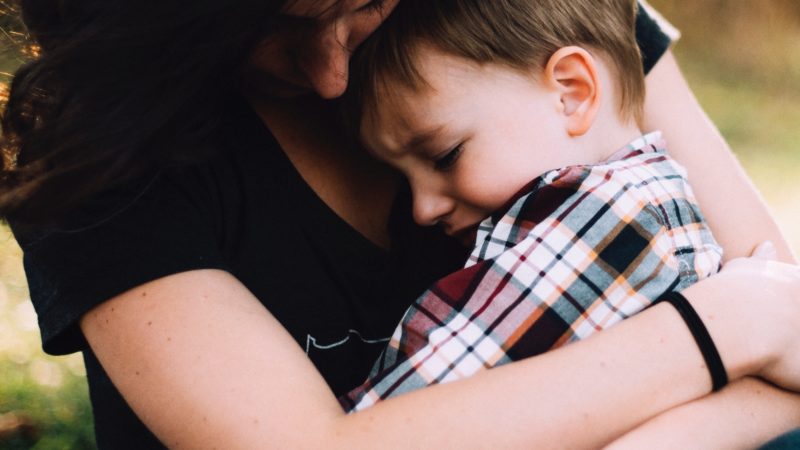
Parenting science – what’s missing?
We asked our members whether there is enough research into parenting / parenthood, and where they would like to see more research.
In general, PSGers felt that parenting is underrepresented in research and what research there is is often poorly communicated .
Unsurprisingly (to parents everywhere), sleep was a common topic of interest for further research:
- The impact of sleep training.
- I would like to see more study on infant sleep, and even more specifically, sleep training, both measuring sleep-related outcomes (hours slept, wakings, sleeping through the night etc.), and potential negative outcomes both short term (stress etc) and long-term (attachment, behaviour etc.)
- Sleep. Not the baby directly but the effects of disrupted sleep on mothers and other carers.
Breastfeeding:
- I’d love to see a look at extended breastfeeding and duration and frequency of colds etc in the younger years.
- Does breastfeeding really increase the number of foods a child will eat?
- The effect of maternal diet on breastfed infants.
Our members were also interested in the effects of parenting styles, parenting choices, sources of stress and everything in between:
- Infant mental health associated with various parenting methods (baby-led vs parent-led) and long term mental health outcomes.
- The effects of reward charts on behaviour (short, medium and long-term), and any negative consequences (expectation of reward for positive behaviour etc.)
- Does it really make any difference if babies play with ‘natural objects’ ‘human crafted wooden objects’ or plastic objects?
- I would be interested in a general study of what aspects of child-rearing induce the most stress in parents. And I’d like it to study people of different socio-economic status.
- I’d like to see a review of Surestart Centres and how they impacted on parenting. My suspicions are that they were just as helpful in reducing PND, isolation, stress, and negative outcomes in high income, highly educated and ‘career driven’ mums as they were in improving the lot of women on the other end of the socioeconomic scale with issues at the bottom of Maslow’s hierarchy… and the benefits of all parents coming together in such a setting.
- Effects of single parent families on children and the various combinations there are within this and any differing effects each one may have on how a child behaves/learns/develops and more long term future relationships those children go on to have and if they then become single parents themselves etc would be interesting.
- I’d like to see more research and info on the impact of childcare on children. As with many aspects of society, we’ve lost touch with what’s ‘normal’ for human beings and being separated from your child is not how I believe we were evolved and deviating from this – well do we really know the consequences? On mother and child?
- Does baby massage change anything, short term or long term? Would any random pressure have the same effect?
- I’d be really interested in some research about teaching sign language to hearing babies – particularly whether it helps reduce frustration and toddler tantrums, and that it doesn’t delay speech in any way…
In all areas, our members would like to see long term follow up. “I think there are gaps in long term follow up, although I know that would be expensive. So when a study says ‘children whose parents do X, develop speech Y weeks sooner / walk a month earlier’, what does that actually mean in adulthood?”
Communication of science – our parents discussed at length how often research is either not communicated or is communicated poorly:
- I think there needs to be more research on how research findings can be communicated effectively to parents. A lot of research relating to parenting gets talked about in a slightly hysterical fashion. I have no idea on where the research gaps are because as a parent you at best get second hand interpretations of what has been done (if anything!) or opinions that are presented as fact.
- I think there’s quite a lot of research into some aspects of parenting, but it tends to be reported in the popular press in quite a damaging and absolutist way. So I think there’s a gap there around how can we communicate parenting and child development research effectively with parents in such a way that it doesn’t get distorted beyond its usefulness.
- Getting accurate press for research is hard. It’s important to get the messages out there but how you do it in a way that isn’t blaming parents I still have no idea.
- I think accessibility to the existing science is our biggest issue.
- The advice parents are given does not match what the science is showing.
- I think motherhood is studied in quite highbrow ways that perhaps puts off a lot of people as to the findings.
- Wouldn’t it be great if the limitations of any piece of research were made clear to parents?
- How to get families that don’t think of themselves as “researchers” or “research oriented” interested in research.
It’s always frustrating that these sorts of things go from “it’s better if you do this if possible” to “you’re a terrible parent who will cause your child untold misery and failure if you do this”.
Photo credit: Jordan Whitt on Unsplash


